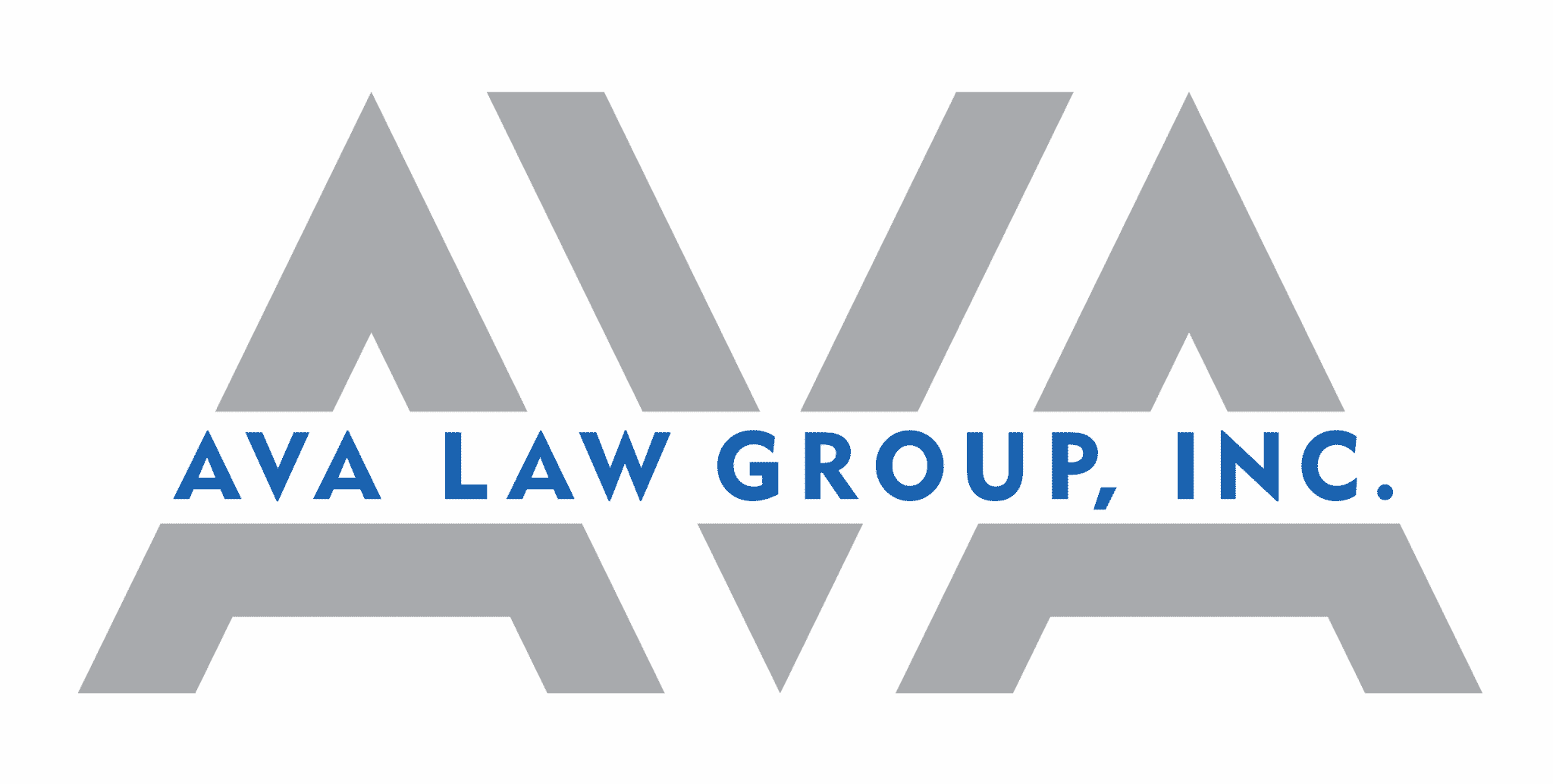STRYKER SPINAL IMPLANT RECALL
Stryker recalled their 3D Printed Tritanium PL Cages due to high fracturing risks. Injury reports say these dangerous implants caused the suffering of patients undergoing spinal surgeries for conditions like DDD or degenerative scoliosis. Now, patients across the US are filing claims against Stryker Corporation for selling dangerously defective medical devices that caused their extreme pain and suffering. If your spinal implant failed and contributed to your pain and suffering, contact AVA Law Group today. You may be eligible for a cash reward to help you recover from your spinal implant injuries.
TRITANIUM SPINAL IMPLANT LAWSUITS
STRYKER TRITANIUM RECALL
In November 2018, Stryker Corporation issued a Class 2 Device Recall for its 3D Printed Tritanium Posterior Lumbar (PL) Cage. The company said they received reports of the cage fracturing during and after surgery due to what they called "medical misuse". While Stryker issued an update for the cage's surgical techniques, the recall came too late for patients who already endured invasive spinal surgery.
Now, patients who sought relief from degenerative disc disorder (DDD) or scoliosis may be at severe risk of spinal implant failure. These patients face a high risk of injuries and complications from a potentially defective PL cage. Over 28,000 of these defective spinal implants were on the market as of 2018, so thousands of individuals could be at risk of injuries.
WHO'S AT RISK?
The FDA says the Stryker Tritanium PL Cage is "intended for an open, less invasive, and minimally invasive PLIF or TLIF surgical procedure." Patients who underwent these types of surgeries are at risk. If you underwent spinal surgery and are experiencing pain and discomfort, contact your doctor or surgeon today. They will be able to tell you what make and model of an implant they used or if they used one at all.
Additionally, patients who underwent spinal surgery for degenerative disc disorder (DDD) or degenerative scoliosis may be at risk of a defective Stryker spinal implant. Stryker's tritanium PL cages were commonly used in patients with DDD or degenerative scoliosis. If you have DDD or degenerative scoliosis, underwent spinal surgery, and are experiencing spinal pain, contact your doctor immediately.
WHAT IS A 3D PRINTED TRITANIUM POSTERIOR CAGE?
The Stryker Tritanium Posterior Lumbar (PL) cage is a rectangular shaped, hollow medical implant intended for spinal surgeries. The FDA approved the cage in November 2015 as an addition to fusion for patients with degenerative disc disorder (DDD). The device can also be used in addition to fusion for patients suffering from degenerative scoliosis.
Stryker's Howmedica Osteonics created the Posterior Lumbar Cage using 3D printing technology and tritanium, a metal containing titanium, steel, cobalt, and aluminum alloys. Manufacturers intended for the cage to be used for packing bone graft inside the cage and increasing the surface area of the device in contact with the bone. This process is meant to normalize bone structure and provide relief for patients.
WHAT WENT WRONG?
In late 2018, the FDA issued the Class 2 Recall because of the high rate of complications in patients who underwent spinal surgery. When Stryker issued the recall, there were 28,461 defective PL cages on the market.
Stryker's recall involved updating the Instructions For Use (IFU) after reports stated surgical techniques caused cages to crumble and fracture during and after implantation. However, many suspect that it was the cage itself, not the surgical technique, that caused the failure.
Many FDA Manufacturer and User Facility Device Experience (MAUDE) reports showed surgeons' suspicions about the spinal implant cage quality. Some surgeons who experienced breakages when implanting the PL lumbar cage questioned the integrity of the cage, saying it showed signs of instability before insertion.
Stryker’s marketing campaign for the cage presents it as a necessary, quality product for surgeons to use. So, if issues do arise with the product, the company tries to place blame on the surgeons, not on themselves or the product. Lawsuits against Stryker Corporation claim Stryker deceptively marketed the PL cage knowing it failed in safety and quality.
CONNECT WITH OUR MEDICAL DEVICE INJURY LAWYERS TODAY
Stryker has been called out time and time again for manufacturing defective medical devices, and they need to be held accountable for their actions. Their negligence to provide safe medical devices should not mean your pain and suffering. If you received a Stryker 3D Printed Tritanium PL Cage and experienced implant failure and fracturing, contact AVA Law Group today. You may want to file a claim against Stryker Corporation. For your PL cage injuries, you may be entitled to a cash settlement to help you recover from your pain and suffering.
At AVA Law Group, we provide access to some of the best personal injury firms in the country. The injury attorneys we partner with specialize in defective medical device lawsuits and have proven track records of success for clients. We fight aggressively for your right to compensation, because we believe you deserve justice for your injuries.
Contact us today for your free, no-obligation case evaluation. When you contact AVA Law Group, you speak with live professionals trained in case quality and care, so you can rest assured that your case is being handled with precision and concern. Call us today at 1.866.428.2529.
To learn more about Stryker's 3D Printed Tritanium PL Cage recall, visit tritaniumrecall.com

